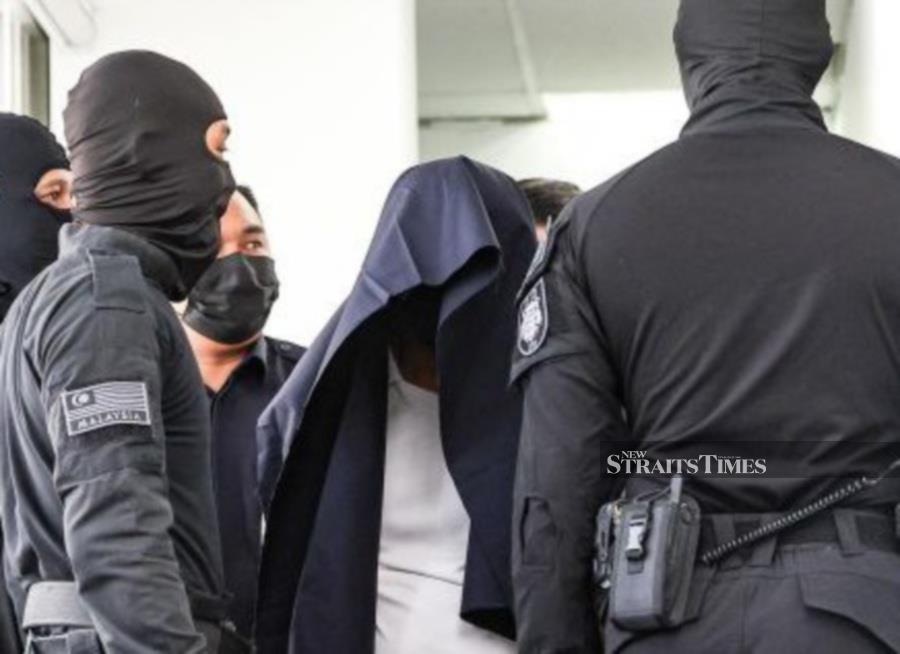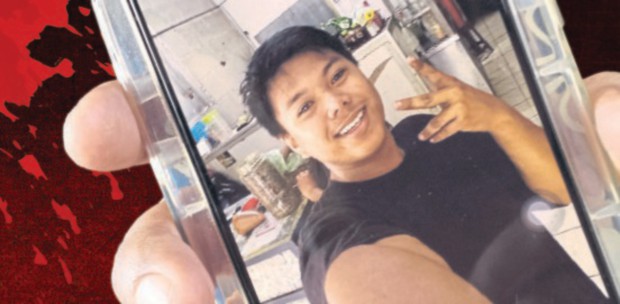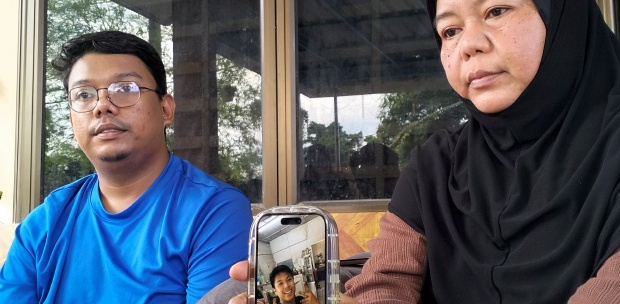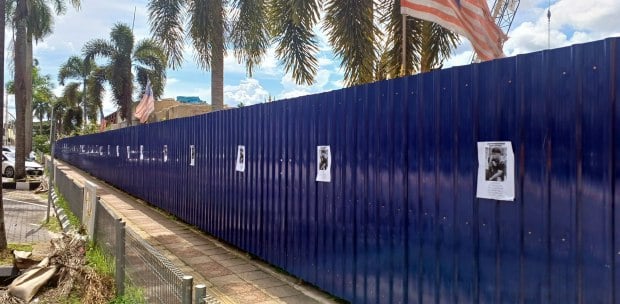KUALA LUMPUR: Establishing that a vehicle was used as a 'weapon' to kill is what the prosecution needs to prove to charge the accused in the Zaharif Affendi murder case even in scenarios involving a 'road accident'.
Senior lawyer Mohamed Haniff Khatri Abdulla highlighted misconceptions in cases seen as road accidents but investigated under Section 302 of the Penal Code, which deals with intentional killing.
"Road accidents are typically not investigated under Section 302 of the Penal Code because when we talk about accidents, they're usually unforeseen or sudden occurrences.
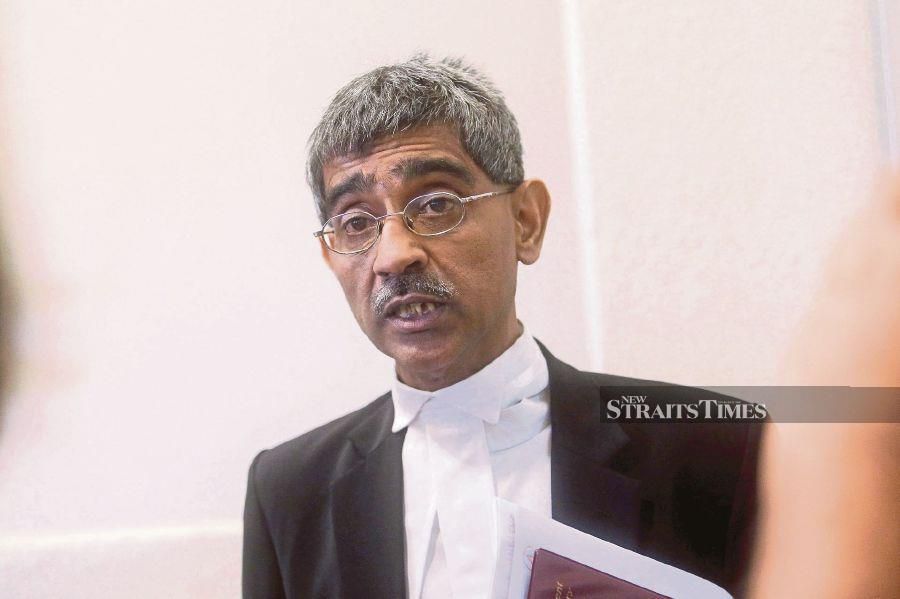
"However, if the initial investigation by authorities finds that a vehicle was used as a 'weapon' resulting in a loss of life, only then will the case be investigated under that specific section.
"The prosecution needs to prove to the court that the vehicle used by the accused was employed as a weapon, fulfilling the legal definition of intent," he told Harian Metro.
Mohamed Haniff pointed out that the challenge for the prosecution is similar to other murder cases in proving that the accused had reached the 'legal intent' to commit the act.
"For instance, if someone holds an instrument like a hammer, knowing it can cause harm up to death, that knowledge is enough to establish the legal intent.
"Similarly, in cases where a vehicle is used as a weapon for murder, the scenario is akin, and what's crucial is for the prosecution to present evidence demonstrating that the criteria for legal intent are met.
If legal intent isn't established for someone to be charged under Section 302 of the Penal Code, it could shift to Section 304 of the Penal Code, which deals with murder without intent, carrying a penalty of life imprisonment with a maximum of 30 years," he added.


